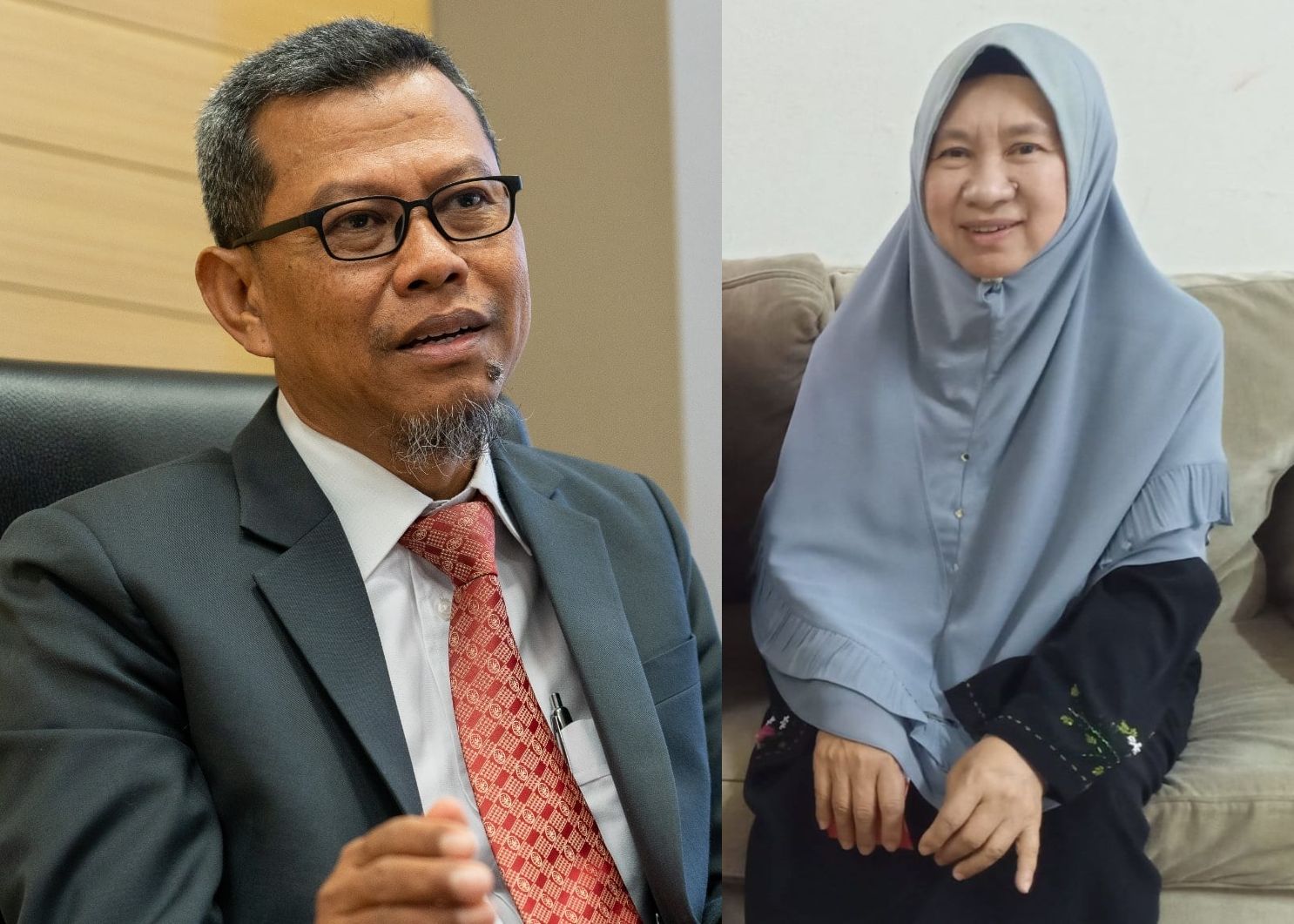KUALA LUMPUR, Jan 23 – Two Opposition lawmakers are pressing the government to disclose crucial data on the nursing shortage within the Ministry of Health (MOH).
Dr Ahmad Yunus Hairi, who heads Perikatan Nasional’s (PN) health portfolio, said the MOH should be transparent in handling its staffing situation, amid growing concerns over its potential impact on public health care services.
“The MOH must provide precise data related to nursing positions, including retirements, resignations for any reason, and the current status of staff in all MOH hospitals. This includes positions for medical assistants as well,” Dr Ahmad Yunus told CodeBlue when contacted.
While the Kuala Langat MP is not completely against MOH’s actions of diverting nurses from specialist clinics in government hospitals to wards to address manpower shortages, he said it should take place without causing disruptions in services at specialised clinics.
“These transfers should not be drastic. The MOH should have a well-planned replacement strategy by training assistant medical officers in specialised clinic duties,” the PAS MP said.
Dr Ahmad Yunus also highlighted the need for MOH to establish a comprehensive, long-term plan to meet the increasing demands for paramedics, whether among nurses or assistant medical officers.
On the possibility of recruiting foreign-trained nurses to address the shortage, he stated, “If there is no urgent need, and the arrangement of nurse placements under MOH can still be managed, I believe there is no need to bring in nurses from foreign countries.”
“In the event of a pressing shortage that affects the services provided, it might be acceptable in the short-term to bring in foreign nurses with capabilities equivalent to MOH standards.”
Dr Ahmad Yunus added that competence in mastering tasks requiring expertise should be emphasised at all levels of appointments to ensure the services provided are the best.
Kapar MP: ‘First Doctors, Now Nurses’, Show Us The Data
In a similar vein, Kapar MP Dr Halimah Ali urged MOH to share “facts and figures” regarding the nursing shortage, saying that transparency on nursing shortage data would allow lawmakers, health care staff, and the public to understand the situation more effectively.
Dr Halimah opposed the idea of bringing in foreign nurses at this point, expressing concern about the government’s approach to human capital planning in health care.
“It’s quite unfortunate that Malaysia still needs to import labour in critical areas like medicine and health care. Our nurses should be prioritised because they belong here and will serve with their hearts for their fellow citizens,” said Dr Halimah.
“Nurses trained and accustomed to our local people are precious assets of the nation. Losing them through the influx of [potentially] less paid foreign nurses is not healthy,” said the Kapar MP from PAS.
“First Malaysia had the doctors crisis where housemen had to leave because of a gloomy future in the public sector. Poor roadmap. Malaysia has to pull up its socks and sort out this ‘pain’ of the health givers,” she added.
CodeBlue’s report on January 8 revealed MOH’s plan to divert nearly all nurses from specialist clinics to wards in government hospitals affected several states, including Penang, Sabah, Perlis, Kuala Lumpur and Putrajaya, and Perak.
MOH’s goal is to relocate “100 per cent” of nurses from specialist clinics – excluding those in clinical areas like obstetrics and gynaecology (O&G) and paediatrics – to wards amid an acute shortage of nurses in government hospitals.
Nurses in clinics would instead be replaced by medical assistants, according to documents from Health director-general Dr Muhammad Radzi Abu Hassan’s meeting last November 27 with the MOH’s medical assistance services branch and the nursing division.
The MOH’s move to “optimise” nursing human resources in its hospitals was driven by both the nurses’ shortage — characterised by the Health DG’s meeting as currently having a “significant impact” — as well as insufficient nursing graduates from both the MOH Training Institute (ILKKM) and private nursing schools.
Striking a different tone from internal memos from Dr Radzi’s meeting, MOH’s press statement in response to CodeBlue’s story simply described the nurses’ reassignment exercise as “strategic mobilisation” with “skill-matched staffing”, without mentioning the word “shortage” at all.
A government nurse, writing to CodeBlue, condemned the migration of nurses from specialist clinics to wards, saying that MOH’s relocation exercise has caused many nurses to quit, including specialist nurses.








